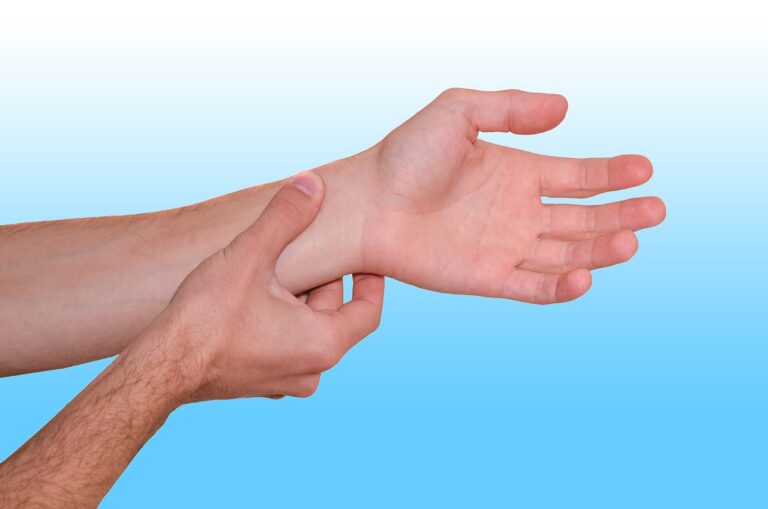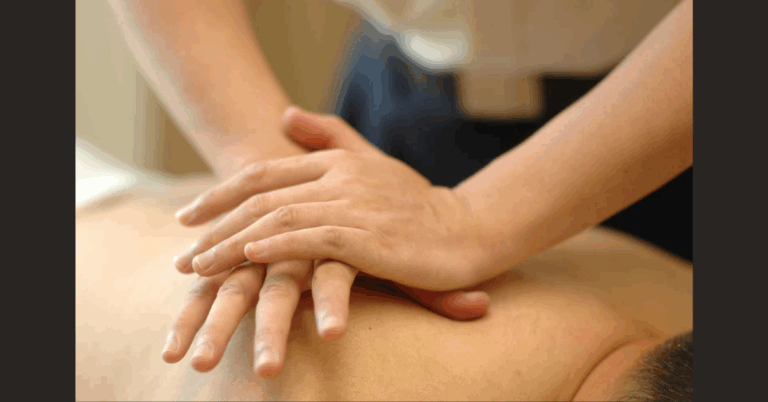The Role of Audiologists in Treating Auditory Neuropathy
all panel.com sign up, lotus 365 book, betbook 247.com login:Audiologists play a crucial role in diagnosing and treating auditory neuropathy, a unique type of hearing disorder that involves a problem with the transmission of sound from the inner ear to the brain. Auditory neuropathy can present challenges in both diagnosis and treatment, making the expertise of audiologists essential in managing this condition effectively.
Diagnosis
One of the primary roles of audiologists in treating auditory neuropathy is making an accurate diagnosis. Audiologists use a variety of tests to assess a patient’s hearing function and determine if auditory neuropathy is present. These tests may include a comprehensive hearing evaluation, otoacoustic emissions (OAE) testing, auditory brainstem response (ABR) testing, and speech perception testing.
Treatment
Once a diagnosis of auditory neuropathy is confirmed, audiologists work with patients to develop individualized treatment plans. The goals of treatment may include improving sound awareness, speech understanding, and overall communication skills. Treatment options for auditory neuropathy may include hearing aids, cochlear implants, auditory training, and speech therapy.
Hearing Aids
Hearing aids are often the first line of treatment for auditory neuropathy. Audiologists can help patients select and fit hearing aids that are specifically programmed to address their unique hearing needs. Hearing aids can help improve sound perception and speech understanding in individuals with auditory neuropathy, enhancing their overall quality of life.
Cochlear Implants
In some cases, cochlear implants may be recommended for individuals with auditory neuropathy who do not benefit from hearing aids. Cochlear implants bypass the damaged portion of the inner ear and directly stimulate the auditory nerve, allowing for improved sound perception and speech understanding. Audiologists play a critical role in assessing candidacy for cochlear implants and providing ongoing support and programming for implant users.
Auditory Training
Audiologists may also recommend auditory training programs to help individuals with auditory neuropathy improve their listening skills. These programs focus on developing strategies for better sound perception, speech understanding, and communication in various listening environments. Audiologists work closely with patients to monitor progress and adjust treatment as needed to maximize benefits.
Speech Therapy
Speech therapy can be an essential component of treatment for auditory neuropathy, especially for children with the condition. Audiologists may collaborate with speech-language pathologists to develop individualized therapy plans that target specific speech and language goals. Speech therapy can help improve communication skills, enhance speech clarity, and promote overall language development in individuals with auditory neuropathy.
Support and Counseling
Audiologists also play a vital role in providing emotional support and counseling to individuals and families affected by auditory neuropathy. Coping with a hearing disorder can be challenging, and audiologists can offer guidance, resources, and reassurance throughout the treatment process. By building strong relationships with patients, audiologists create a supportive environment that fosters trust and collaboration in managing auditory neuropathy effectively.
In conclusion, audiologists are essential in diagnosing and treating auditory neuropathy, a complex hearing disorder that requires specialized care. Through comprehensive evaluations, personalized treatment plans, and ongoing support, audiologists help individuals with auditory neuropathy improve their hearing function and quality of life. By working closely with patients, families, and other healthcare professionals, audiologists play a critical role in managing auditory neuropathy and promoting successful outcomes for those affected by this condition.
FAQs
Q: Can auditory neuropathy be cured?
A: Auditory neuropathy is a permanent condition that cannot be cured. However, with proper diagnosis and treatment, individuals with auditory neuropathy can improve their hearing function and communication skills.
Q: How common is auditory neuropathy?
A: Auditory neuropathy is considered a rare hearing disorder, accounting for a small percentage of individuals with hearing loss. It can occur in people of all ages, from infants to adults.
Q: What are the risk factors for auditory neuropathy?
A: Risk factors for auditory neuropathy may include prematurity, low birth weight, genetics, ototoxic medications, and various medical conditions. Early detection and intervention are essential for managing auditory neuropathy effectively.







